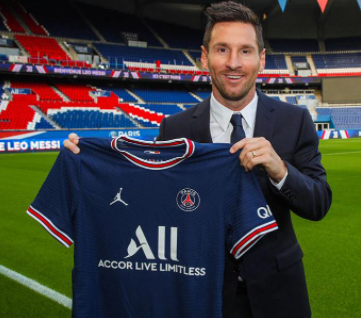Football League Tables
The UEFA Europa League (abbreviated as UEL) is an annual football club competition organized by the Union of European Football Associations (UEFA) for the respective European football clubs. It is the second single-tier competition of European football, ranking below the UEFA Champions League and above the UEFA Europa League after the 1/3 level competitions from 1971 to 1999, before the UEFA Cup Winners ' Cup was discontinued. Clubs qualify for the competition solely on the basis of their overall results in league and cup competitions across the country.
Introduced in 1971 as the UEFA Cup, it changed the Fairs Cup between cities. In 1999, the UEFA Cup Winners ' Cup was abolished and merged with the UEFA Cup. Since the 2004/05 season, the group stage has been changed to the one that was added before the knockout section. The competition has been called the Europa League since the 2009-10 season, after the format change. The rebranding of 2009 protected the merger with the UEFA Intertoto Cup, creating an expanded competition scheme with an expanded degree of organization and the exchange of qualification standards. The winner of the UEFA Europa League qualifies for the UEFA Super Cup, and from the 2014-15 season-for the next season's UEFA Champions League, entering the formation stage.
The most victories were won by Spanish clubs (thirteen victories), followed by England and Italy (9 victories each). The title was obtained with the help of 29 clubs, thirteen of which received it more than once. The maximum successful participation in the competition is Seville with six titles. Villarreal is the current champion, having beaten Manchester United with a score of 11: 10 in the last match of 2021. The UEFA Cup was preceded by the Inter-City Fairs Cup, which became a European football competition held between 1955 and 1971. The competition grew from 11 teams throughout the first cup (1955-58) to sixty–four groups due to the remaining cup, which began to be played in 1970-seventy-one. It became so vital on the European football scene that it was eventually handed over to UEFA and resumed the following season due to the UEFA Cup.
The UEFA Cup was the first player in the 1971-72 season when the All-England final of Wolverhampton Wanderers was held against Tottenham Hotspur, and Spurs received the first awards. The name was changed to Liverpool, like all the other members of the English club, in 1973, which defeated Borussia Monchengladbach in the final. Gladbach won the competition in 1975 and 1979 and reached the final again in 1980. Feyenoord won the cup in 1974 after defeating Tottenham Hotspur 4-2 (2-2 in London, 2-0 in Rotterdam). Liverpool won for the second time in 1976 after defeating CLUB Brugge in the most recent match.
In the 1980s, Gothenburg (1982 and 1987) and Real Madrid (1985 and 1986) won the competition twice, with Anderlecht reaching two finals in a row, winning in 1983 and losing to Tottenham Hotspur in 1984. The year 1989 marked the beginning of the dominance of Italian golf equipment when Diego Maradona's Napoli defeated Stuttgart. The 1990s began with the all-Italian finals, and in 1992 Torino lost to Ajax in the very last match under the "Dream away" rule. Juventus won the tournament for the third time in 1993, and Internazionale retained the Italian Cup the following year. In 12 months of 1995, the 3rd All-Italian final took place, in which Parma proved its worth after two consecutive Cup Winners ' Cup finals. The simplest most recent and not-using Italians during this decade changed in 1996. In the following years, Internazionale reached the final, losing to Schalke 04 in 1997, and in 1998 won another all-Italian final, winning the national cup 0.33 times in the best eight years. Parma won the cup in 1999, which put an end to the technology of Italian domination. Under threat, this turned into the remaining last appearance in the UEFA Cup/The Europa League for any Italian club until Internazionale reaches 2020 final.









0 Comments